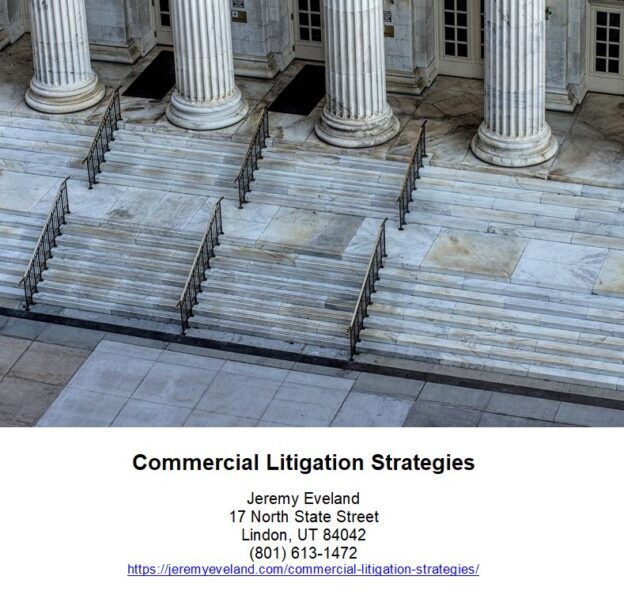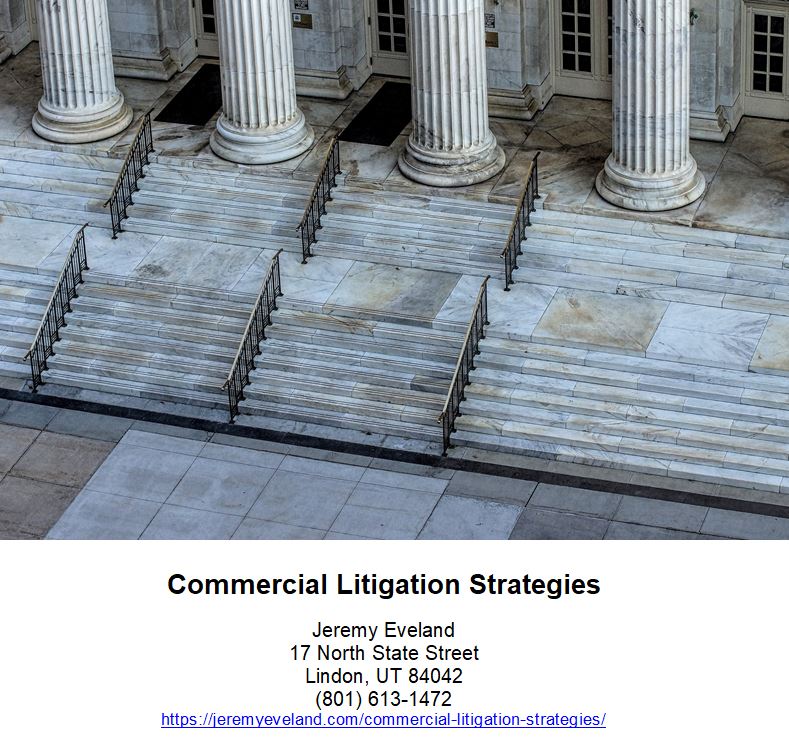-
Attorney at Law
“Secure Your Future with a Settlement Agreement”
Introduction
A Settlement Agreement is a legally binding contract between two or more parties that outlines the terms of a resolution to a dispute. It is a way to resolve disputes without going to court. Settlement Agreements are often used in civil litigation, employment disputes, and other contractual disputes. They can be used to settle a dispute quickly and efficiently, and can provide a cost-effective alternative to litigation. The agreement typically includes a payment from one party to the other, as well as other terms such as confidentiality and non-disparagement clauses. Settlement Agreements can be used to resolve a wide variety of disputes, from small claims to complex litigation.
What to Look for in a Settlement Agreement
When negotiating a settlement agreement, it is important to ensure that all parties involved are adequately protected. To ensure that the agreement is fair and legally binding, there are several key elements to consider.
1. Clear and Concise Language: The language used in the agreement should be clear and concise. All terms and conditions should be clearly defined and any ambiguities should be avoided.
2. Mutual Agreement: The agreement should be mutually agreed upon by all parties involved. All parties should have the opportunity to negotiate the terms of the agreement and should be given the opportunity to review and approve the final document.
3. Consideration: The agreement should include consideration, which is something of value exchanged between the parties. This could include money, services, or other items of value.
4. Timeframe: The agreement should include a timeframe for when the agreement will be effective and when it will expire.
5. Dispute Resolution: The agreement should include a dispute resolution clause, which outlines how any disputes between the parties will be handled.
6. Signatures: The agreement should be signed by all parties involved. This will ensure that the agreement is legally binding.
By considering these elements, you can ensure that your settlement agreement is fair and legally binding.
How to Negotiate a Settlement Agreement
Negotiating a settlement agreement can be a complex process, but it is possible to reach a mutually beneficial agreement if both parties are willing to work together. Here are some tips to help you successfully negotiate a settlement agreement:
1. Understand the Situation: Before you begin negotiations, it is important to understand the situation and the interests of both parties. Take the time to research the issue and consider the potential outcomes.
2. Set Goals: Once you have a clear understanding of the situation, it is important to set goals for the negotiation. Consider what you want to achieve and what is most important to you.
3. Prepare: Before you begin negotiations, it is important to prepare. Research the issue and consider potential solutions. Make sure you have a clear understanding of the legal implications of any agreement.
4. Listen: During negotiations, it is important to listen to the other party and understand their perspective. Make sure you understand their interests and goals.
5. Be Flexible: Negotiations can be difficult, and it is important to be flexible and open to compromise. Consider different solutions and be willing to make concessions.
6. Be Respectful: Negotiations can be stressful, but it is important to remain respectful and professional. Avoid personal attacks and focus on the issue at hand.
7. Document the Agreement: Once you have reached an agreement, it is important to document it in writing. Make sure both parties sign the agreement and keep a copy for your records.
By following these tips, you can successfully negotiate a settlement agreement that is beneficial for both parties.
The Pros and Cons of Settling Out of Court
Settling out of court is a popular option for those involved in a legal dispute. It allows parties to avoid the time and expense of a trial, while still reaching a resolution that is satisfactory to both sides. However, there are both pros and cons to settling out of court that should be considered before making a decision.
Pros
The primary benefit of settling out of court is that it is often faster and less expensive than going to trial. This is because the parties involved can negotiate a settlement without the need for a lengthy trial process. Additionally, settling out of court allows the parties to have more control over the outcome of the dispute, as they can craft a resolution that is tailored to their specific needs.
Another advantage of settling out of court is that it can help to preserve relationships between the parties involved. This is especially true in cases involving family members or business partners, as going to trial can be emotionally and financially draining. Settling out of court can help to maintain the relationship between the parties, which can be beneficial in the long run.
Cons
One of the primary drawbacks of settling out of court is that it can be difficult to reach an agreement that is satisfactory to both parties. This is because the parties must be willing to compromise in order to reach a resolution. Additionally, the parties may not be able to get the outcome they desire, as the other party may not be willing to agree to certain terms.
Another potential downside of settling out of court is that it can be difficult to enforce the agreement. This is because the agreement is not legally binding, so either party may not follow through on their end of the deal. Additionally, if either party breaches the agreement, it can be difficult to take legal action against them.
In conclusion, settling out of court can be a beneficial option for those involved in a legal dispute. It can be faster and less expensive than going to trial, and it can help to preserve relationships between the parties. However, it can be difficult to reach an agreement that is satisfactory to both parties, and it can be difficult to enforce the agreement. Therefore, it is important to consider all of the pros and cons before deciding whether to settle out of court.
Understanding the Tax Implications of a Settlement Agreement
When a settlement agreement is reached between two parties, it is important to understand the tax implications of the agreement. A settlement agreement is a legally binding contract that resolves a dispute between two parties. It is important to understand the tax implications of a settlement agreement because it can have a significant impact on the parties involved.
The Internal Revenue Service (IRS) considers a settlement agreement to be taxable income. This means that any money received as part of a settlement agreement is subject to taxation. The amount of tax owed will depend on the type of settlement agreement and the amount of money received.
In some cases, the IRS may consider a settlement agreement to be a capital gain or loss. This means that the amount of money received as part of the settlement agreement may be subject to capital gains tax. The amount of tax owed will depend on the amount of money received and the type of settlement agreement.
In addition, the IRS may consider a settlement agreement to be a gift. This means that the amount of money received as part of the settlement agreement may be subject to gift tax. The amount of tax owed will depend on the amount of money received and the type of settlement agreement.
Finally, the IRS may consider a settlement agreement to be a form of income. This means that the amount of money received as part of the settlement agreement may be subject to income tax. The amount of tax owed will depend on the amount of money received and the type of settlement agreement.
It is important to understand the tax implications of a settlement agreement before entering into one. It is also important to consult with a qualified tax professional to ensure that all applicable taxes are paid. Understanding the tax implications of a settlement agreement can help to ensure that all parties involved are aware of their tax obligations and can help to avoid any potential tax liabilities.
What to Do if You Don’t Agree with the Terms of a Settlement Agreement
If you do not agree with the terms of a settlement agreement, it is important to take action as soon as possible. The first step is to contact the other party and explain why you disagree with the terms of the agreement. It is important to be respectful and professional when communicating with the other party.
If the other party is unwilling to negotiate, you may need to seek legal advice. A lawyer can help you understand your rights and advise you on the best course of action. Depending on the situation, you may be able to negotiate a better settlement agreement or take the matter to court.
It is important to remember that settlement agreements are legally binding documents. If you do not agree with the terms of the agreement, it is important to take action quickly. Ignoring the agreement or failing to take action can have serious consequences.
Q&A
1. What is a Settlement Agreement?
A Settlement Agreement is a legally binding contract between two parties that outlines the terms of a dispute resolution. It is used to settle a dispute without going to court.
2. What types of disputes can be settled with a Settlement Agreement?
A Settlement Agreement can be used to settle a variety of disputes, including employment disputes, contract disputes, personal injury claims, and other civil matters.
3. What are the benefits of a Settlement Agreement?
The benefits of a Settlement Agreement include avoiding the time and expense of a trial, providing a quicker resolution to the dispute, and allowing the parties to maintain control over the outcome.
4. What should be included in a Settlement Agreement?
A Settlement Agreement should include the names of the parties, a description of the dispute, the terms of the settlement, and the signatures of both parties.
5. Is a Settlement Agreement enforceable?
Yes, a Settlement Agreement is a legally binding contract and is enforceable in court.
Settlement Agreement Consultation
When you need help with a Settlement Agreement call Jeremy D. Eveland, MBA, JD (801) 613-1472 for a consultation.
Jeremy Eveland
17 North State Street
Lindon UT 84042
(801) 613-1472
Related Posts
Business Succession Lawyer Bountiful Utah



















